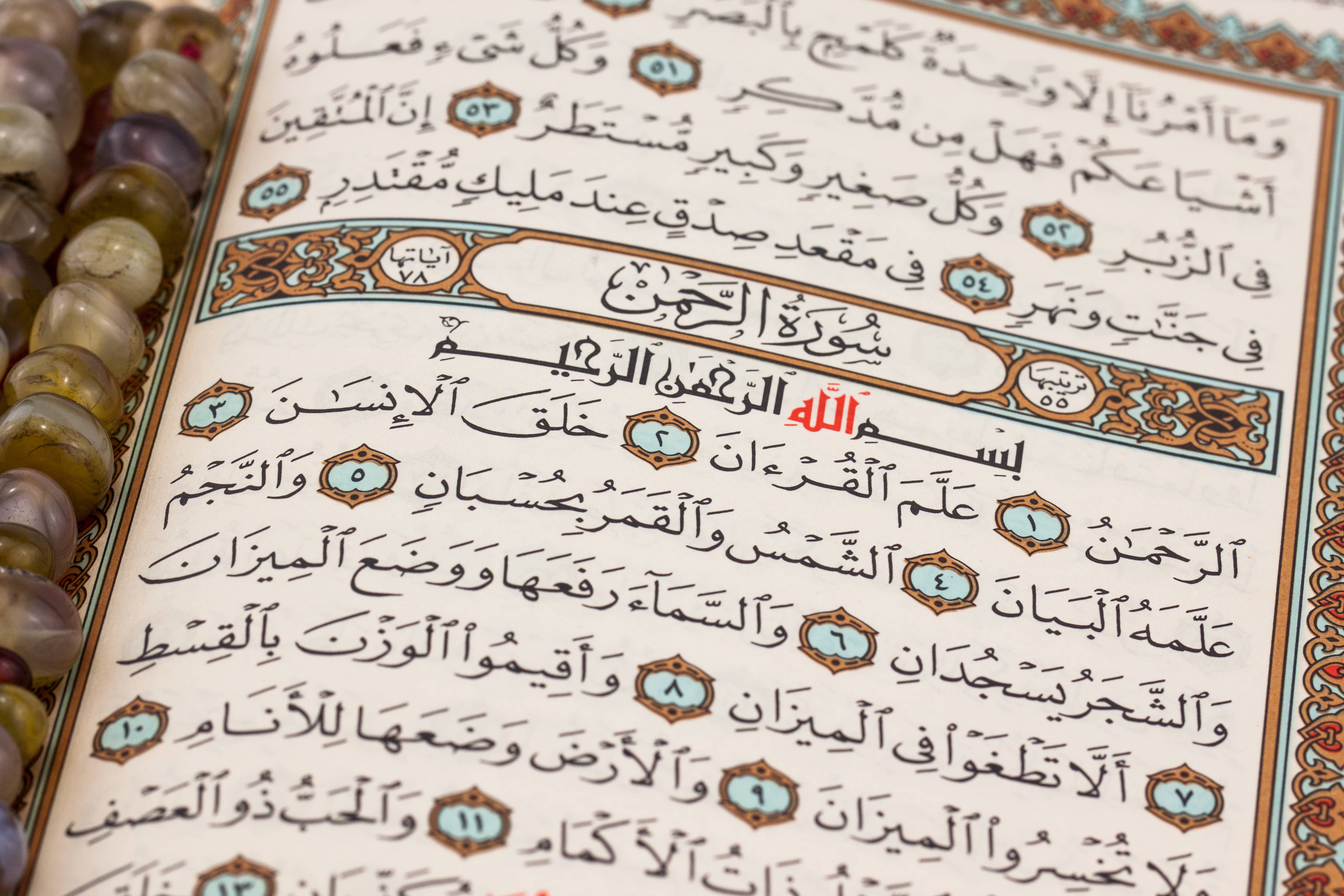Share
Christians and Muslims have had a rocky relationship over the centuries. They have often competed with each other – sometimes violently – for converts and power. Lost in their rivalry is their mutual love and admiration for a person: Jesus Christ. Outside Christianity, no culture has devoted so much loving attention to Jesus as the Islamic culture.
Jesus is a towering figure in Islam’s sacred scripture, the Quran. He has also been an inspiration to Muslim mystics, such as Rumi, in their spiritual journeys.

Analysis
Hamid Entezam
Jesus in the Quran
The Quran portrays Jesus as an ‘extraordinary’ person in all respects. His birth, mission, miracles and death make him stand out among all the holy men in Islam’s sacred scripture.
The Quran extensively covers the story of Jesus’ life and mission. Overall, the Bible’s and the Quran’s accounts of Jesus are remarkably similar, with slight differences on some details. The Quran, however, takes issue with some doctrines formulated by Christian theologians centuries after Christ, most notably ‘Incarnation’, ‘Trinity’ and ‘Original Sin’. Islam views these doctrines as inconsistent with monotheism.
The Virgin Birth
Chapter 19, titled ‘Mary’, is mostly dedicated to the story of Mary and her son, Jesus. Mary was under divine supervision in preparation for a mission of her own. At last, the angels of God descended on her and gave her the good news that soon she would have a son, the Messiah Jesus:
“She (Mary) said, ‘How can I have a son when no man has touched me? I have not been unchaste’, and he (the angel) said, ‘This is what your Lord said, ‘It is easy for Me – We shall make him a sign to all people, a blessing from Us.’ And so it was ordained: she conceived him.” (19:20-21)
 The Quran draws a striking parallel between Jesus and Adam (the human archetype):
The Quran draws a striking parallel between Jesus and Adam (the human archetype):
“In God’s eyes Jesus is just like Adam: He created him from dust, said to him, ‘Be’, and he was.” (3:59)
Both Adam and Jesus were created by direct divine intervention. God breathed His Spirit into Adam and Mary (21:91). ‘Breath of God’ is a metaphor for giving ‘form’ according to His design and making.
A Portrait of Jesus
The Quran describes Jesus in extraordinary terms:
“The Messiah, Jesus, the son of Mary, was a messenger of God, and His word conveyed to Mary, and a spirit from Him…’ (4:171)
The verse confirms that Jesus was the promised Messiah; it attributes three characteristics to Jesus:
- Messenger of God. In a world filled with darkness and despair, Jesus brought God’s message of peace, hope and redemption to humanity.
- Word of God. Jesus was an expression of God; through Jesus, God expressed His love and mercy to humankind.
- Spirit of God. The pure soul of Jesus was like a mirror reflecting God to humanity.
It is worth mentioning that the Quran uses ‘Word’ and ‘Spirit’ of God exclusively for describing Jesus (not even the Prophet Mohammad is portrayed this way).
The Miracles of Jesus
The Quran confirms that Jesus was empowered by God to perform miracles:
“Jesus, son of Mary! Remember My favor to you and your mother: how I strengthened you with the holy spirit, so that you spoke to people in your infancy and as a grown man; how I taught you the Scripture and wisdom, the Torah and the Gospel; how, by My leave, you fashioned the shape of a bird out of clay, breathed into it, and it became, by My leave, a bird; how, by My leave, you healed the blind person and the leper; how, by My leave, you brought the dead back to life…” (5:110)
The Divinity of Jesus
Islam anchors its core message and model of faith in Abraham, the patriarch of monotheism. The Quran takes great pains to restore Abraham’s original ideals somewhat distorted by centuries of theological debates in the Jewish and Christian communities. In that vein, the Quran rejects some doctrines formulated by Christian thinkers, most notably Incarnation, Trinity and Original Sin. By attributing divinity to Jesus, these doctrines compromised Abraham’s monotheism.
Chapter 112 has only four verses; this short chapter is perhaps the simplest statement of monotheism:

“Say, He is God, one; God, the unshakeable. He is unborn, and does not give birth, and nothing else is like unto Him.”
Thus, the Quran upholds the Semitic idea of divine unity and refuses to imagine that God fathered Jesus:
“Those people who say that God is the third of three are defying [the truth]: there is only One God.” (5:73)
In a sense, the Quran attempts to bring Jesus in line with Abraham’s teachings. As the early Gospels reveal, Jesus was firmly rooted in the Jewish tradition founded by Abraham. He did not aim to break away from that tradition. However, the idea of Jesus as ‘God’ (or the literal ‘Son of God’) has been a tough pill to swallow for Jewish and Muslim monotheists.
Objectionable Christian doctrines notwithstanding, the Quran confirms that following the footsteps of Jesus is a sure path to salvation:
“The [Muslim] believers, the Jews, the Christians, and the Sabians- all those who believe in God and the Last Day and do good – will have their rewards with their Lord. No fear for them, nor will they grieve.” (2:62)
About the Author:
Hamid Entezam holds a B.A. in Sociology and Philosophy and an M.A. in Economics. He has been sharing his insights with audiences in the U.S. and Canada for over 30 years.
SEE ALSO:
Muslims love Jesus, too: 6 things you didn’t know about Jesus in Islam (VOX.)



















